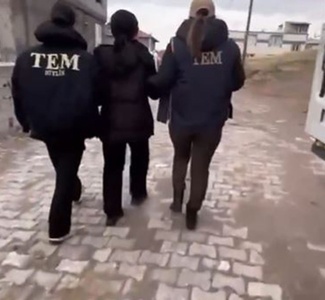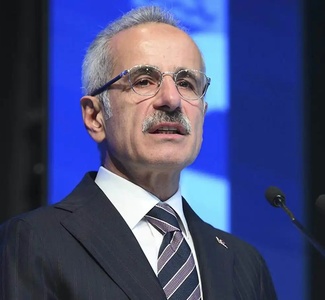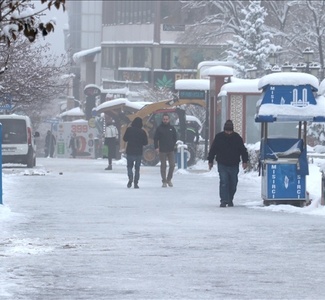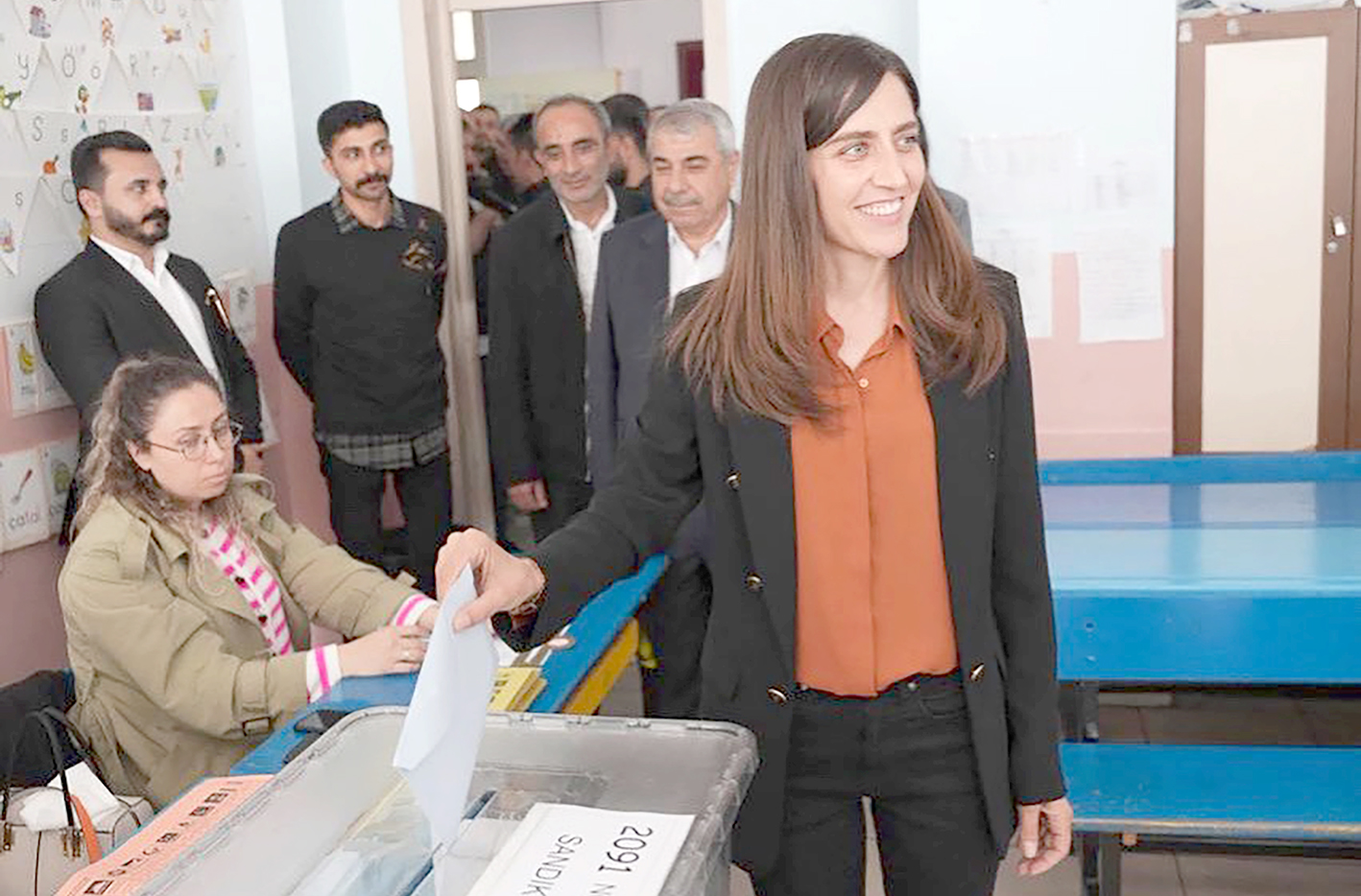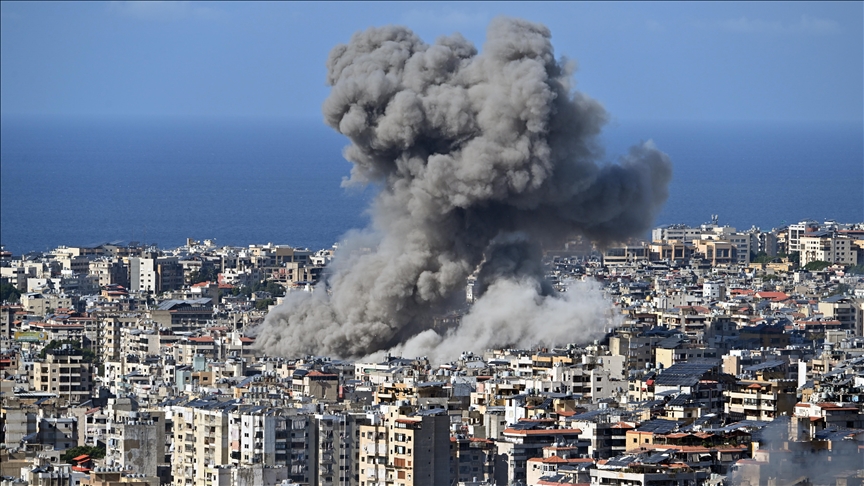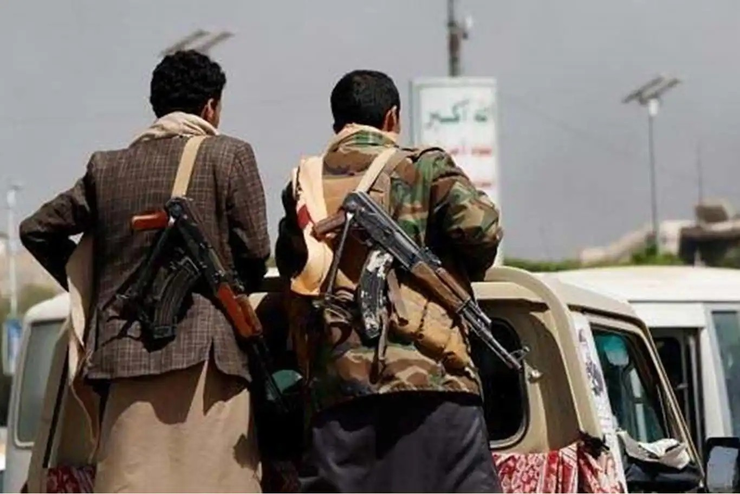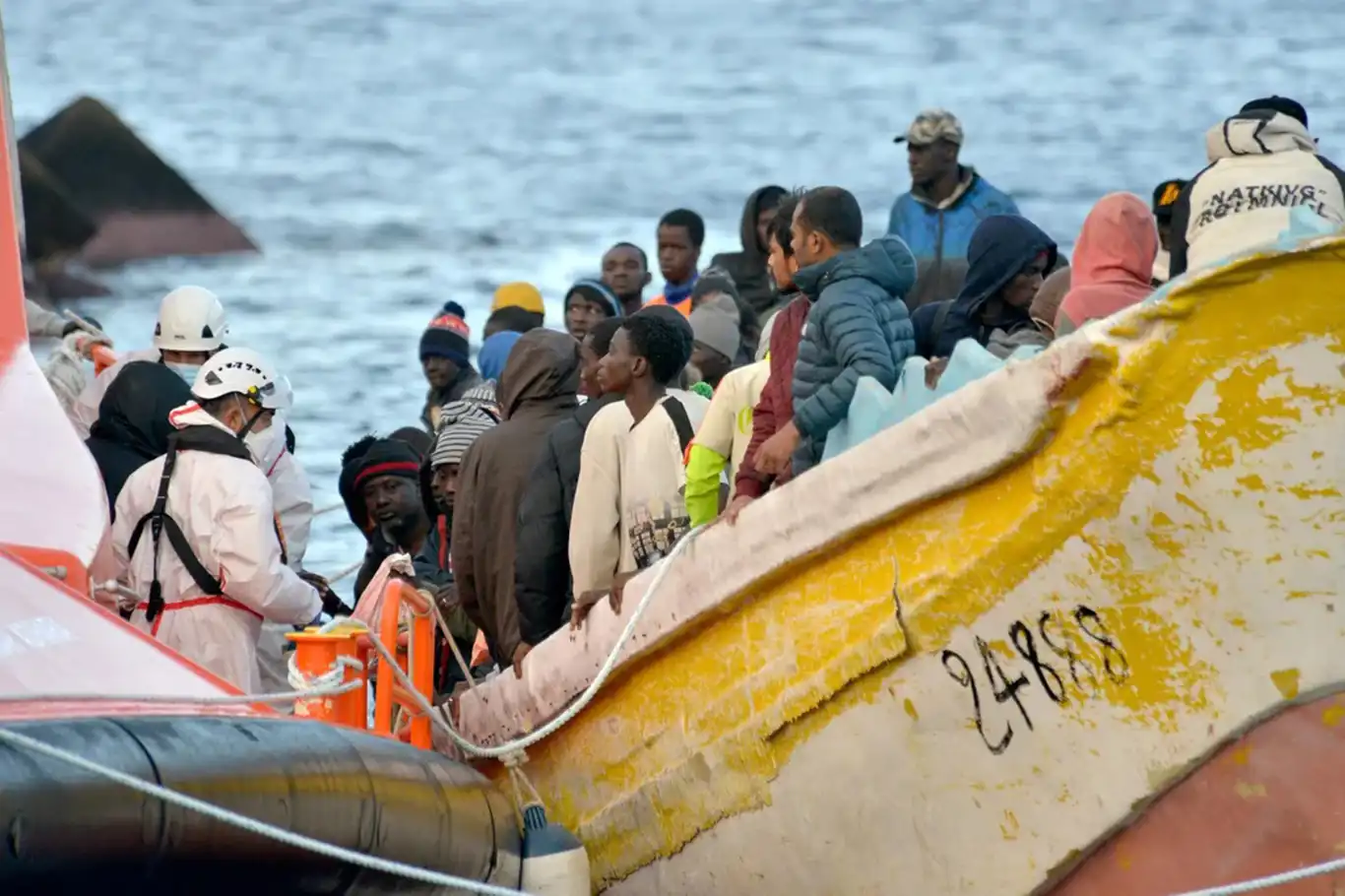Over 1 million people displaced in Somalia due to conflict, drought, and floods
Somalia has experienced an unprecedented rate of displacement as over 1 million individuals have been forced to flee their homes within a span of just 130 days.

 Google News'te Doğruhaber'e abone olun.
Google News'te Doğruhaber'e abone olun. A combination of conflict, severe drought, and devastating floods has led to this alarming situation, marking a record displacement rate for the country.
Data compiled by the UN Refugee Agency (UNHCR) and the Norwegian Refugee Council (NRC) reveals that conflict accounted for a significant number of displacements between January 1st and May 10th of this year.
Additionally, floods displaced over 408,000 people, while another 312,000 were uprooted by the ravaging effects of drought. The regions most affected by displacement were Hiraan in central Somalia and Gedo in the south.
Mohamed Abdi, the NRC's Somalia Country Director, expressed concern over these distressing figures, emphasizing the vulnerability of those forced to abandon their belongings and seek refuge in unfamiliar territory. The rapid increase in displacement within the first five months of the year raises fears about the future as Somalia faces a looming catastrophe.
The influx of displaced individuals has put a strain on urban areas and existing sites hosting internally displaced people, stretching resources to their limits and exposing vulnerable individuals to heightened protection risks, including evictions, family separation, and gender-based violence. Urgent needs include food, shelter, and protection services, particularly child protection and prevention of gender-based violence.
Magatte Guisse, UNHCR's Representative in Somalia, described the growing humanitarian needs in Somalia and acknowledged the overwhelming challenges faced by aid agencies. The most severely impacted by the conflict and climate crisis are often the least responsible.
The current situation has led to more than 3.8 million people being displaced in Somalia, exacerbating an already dire humanitarian crisis where 6.7 million people struggle to meet their food requirements.
Furthermore, over half a million Somali children suffer from severe malnutrition. However, aid agencies have received only 22% of the necessary resources to provide critical assistance this year.
Guisse urged international donors to increase funding to protect those most affected by the ongoing crisis, emphasizing the urgent need to address the unfolding human tragedy. (ILKHA)
































